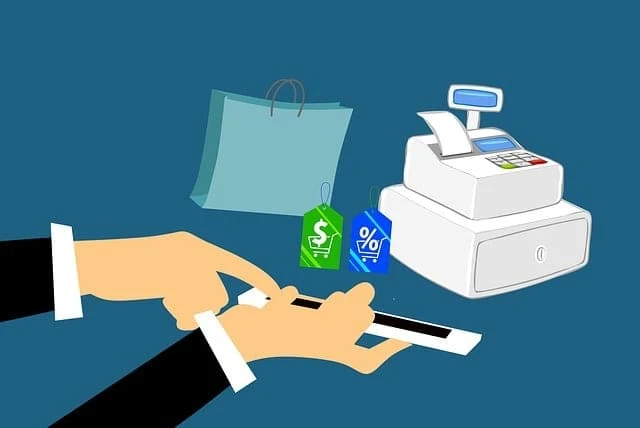The Risks of Online Banking: Safeguarding Your Finances in the Digital Age

In today's digital era, online banking has become increasingly popular due to its convenience and accessibility.
However, it's important to be aware of the potential risks associated with this modern way of managing finances.
This article explores the various risks of online banking and provides essential tips to safeguard your financial information.
1. Identity Theft and Fraud
- One of the primary risks of online banking is the possibility of identity theft and fraud.
- Cybercriminals are constantly developing new techniques to gain unauthorized access to personal and financial information.
- These criminals may use phishing emails, fake websites, or malware to trick users into revealing sensitive data such as login credentials and account numbers.
- Once obtained, this information can be used to commit fraudulent activities, leaving victims with financial losses and potential damage to their credit.
2. Weak Passwords and Lack of Two-Factor Authentication
- Using weak passwords or failing to implement two-factor authentication can significantly increase the risk of unauthorized access to your online banking accounts.
- Weak passwords are effortlessly guessable or may be cracked thru brute pressure attacks.
- Additionally, without two-factor authentication, a single password is the only barrier between cybercriminals and your financial information.
- It's crucial to create strong, unique passwords and enable two-factor authentication whenever possible to add an extra layer of security.
3. Malware and Viruses
- Malicious software, such as malware and viruses, pose a significant threat to online banking security.
- These programs can infect your computer or mobile device, allowing cybercriminals to monitor your online activities, capture sensitive information, or even take control of your device remotely.
- It's essential to have up-to-date antivirus software and regularly scan your devices to detect and remove any potential threats.
4. Public Wi-Fi Networks
- Using public Wi-Fi networks to access online banking services can expose your information to potential security breaches.
- Public Wi-Fi networks are often unsecured, making it easier for hackers to intercept data transmitted between your device and the online banking platform.
- It's recommended to avoid conducting financial transactions or accessing sensitive information when connected to public Wi-Fi.
- Instead, use a secure and private network connection, such as a virtual private network (VPN), to ensure the confidentiality of your data.
5. Phishing and Social Engineering Attacks
- Phishing attacks involve cybercriminals impersonating legitimate institutions or individuals to deceive users into revealing confidential information.
- These attacks often occur through emails, text messages, or phone calls that appear to be from reputable sources.
- It's important to be cautious and never provide personal or financial information in response to unsolicited requests.
- Always verify the authenticity of any communication before sharing sensitive data.
6. Lack of Awareness and Education
- A lack of awareness and education about online banking risks can make individuals more vulnerable to scams and cyberattacks.
- It's crucial to stay informed about the latest security threats, phishing techniques, and best practices for online banking safety.
- Regularly educate yourself on how to identify and prevent potential risks, and keep up with updates from your bank regarding security measures and recommended practices.
Conclusion
- While online banking offers numerous advantages, it's important to be aware of the risks associated with this digital approach to managing finances.
- By understanding the potential threats and implementing robust security measures, such as strong passwords, two-factor authentication, and regular device maintenance, you can significantly reduce the likelihood of falling victim to online banking fraud.
- Stay vigilant, stay informed, and protect your financial information in the digital age.